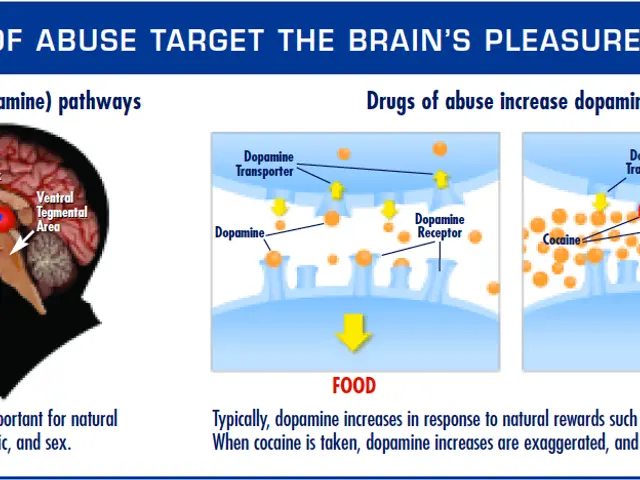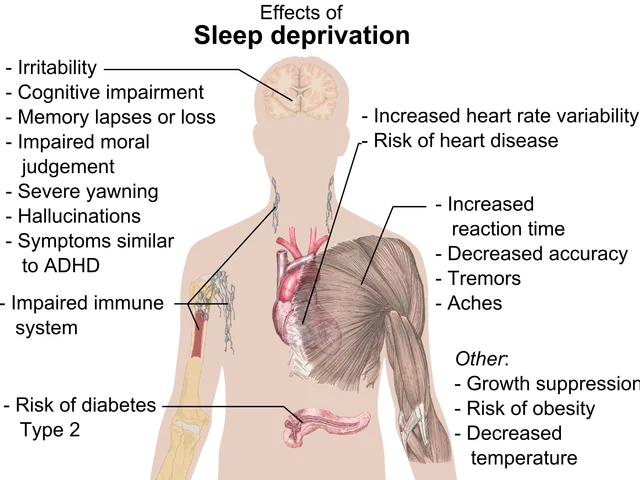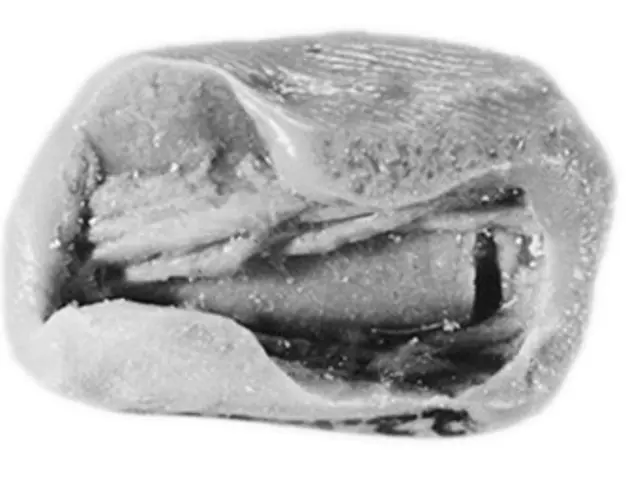Environmental Genetic Sensitivity Shapes Mental Health Characteristics
An international team of researchers, led by King's College London, have discovered genetic factors that may make some individuals more or less sensitive to their environments, potentially influencing mental health.
Published in Nature Human Behaviour, the study explored the impact of varying sensitivity to environmental factors on levels of ADHD symptoms, autistic traits, anxiety and depression symptoms, psychotic experiences, and neuroticism.
By analyzing data from up to 21,792 identical twins, this is the largest genome-wide association study (GWAS) of identical twins to date. The scientists, who hail from the Institute of Psychiatry, Psychology & Neuroscience (IoPPN) at King's College London, University College London, Queen Mary University of London, and universities worldwide, identified several genetic factors linked with differences in environmental sensitivity within identical twin pairs.
The interaction between these genetic factors and environmental exposures was found to explain differences in susceptibility to psychiatric and neurodevelopmental conditions. Dr. Elham Assary, the Postdoctoral Researcher at King's IoPPN and first author of the study, explained, "Differences in individuals' sensitivity to life experiences can explain why the same negative or positive experiences may have varying effects on people's mental health, depending on their genetic makeup."
Genes linked with growth factors - biological molecules that play important roles in neurodevelopment, immune function, and the central nervous system - were associated with variations in autistic traits. Genes related to stress reactivity were linked to variations in depression symptoms, while genes involved in regulating catecholamines - a group of hormones involved in response to stress - were associated with variations in psychotic-like experiences.
Professor Thalia Eley, Professor of Developmental Behavioural Genetics at King's IoPPN and joint senior author of the study, added, "These findings confirm that genes influence psychiatric and neurodevelopmental traits partly through affecting how people respond to the world around them. Some people are more sensitive to their circumstances, and this can be positive in good circumstances but can make life more challenging than for others in stressful circumstances."
Identical (monozygotic) twins, who are almost 100% genetically identical, were chosen for the study since any differences in their characteristics are likely to be due to the environments they each experience. Using this information, it's possible to scan the genome to identify the genes that impact variations in environmental sensitivity.
While the study sheds light on the genetic factors influencing environmental sensitivity, it also calls attention to the importance of family-based designs and collaboration in scientific research to provide a deeper understanding of gene-environment interactions affecting mental health.
This study has received funding from Wellcome and utilizes twin datasets from around the world, such as the Danish Twin Registry, Finnish Twin Cohort, Murcia Twin Registry, Netherlands Twin Registry, Older Australian Twins Study, Swedish Twin Registry, Twins Early Development Study, TwinsUK, and QIMR Berghofer twin studies.
In conclusion, the study provides crucial insights into the genetic factors that impact how individuals respond to their environments, ultimately shaping their mental health. With further research and collaboration, we may gain a more comprehensive understanding of the complex interplay between genes and environment in determining mental health outcomes.
References:
- King's College London (2021). Retrieved March 24, 2023, from https://kcl.ac.uk/
- King's College London. (2021). Genetics of monozygotic twins reveals the impact of environmental sensitivity on psychiatric and neurodevelopmental phenotypes. Retrieved March 24, 2023, from https://www.kingscollegelondon.galleries.academia.edu/
- Elham Assary, X. Tang, Y. Liu, X. Gong, B. M. Neale, S. J. Meehan, D. M. Braine, P. J. Visscher, T. E. M. Fulker, S. T. O'Connor, C. R. O'Donovan, M. Nature Human Behaviour (2021). Genetics of monozygotic twins reveals the impact of environmental sensitivity on psychiatric and neurodevelopmental phenotypes. https://doi.org/10.1038/s41562-021-01126-8
- The study, published in Nature Human Behaviour, investigates the impact of varying sensitivity to environmental factors on levels of ADHD symptoms, autistic traits, anxiety and depression symptoms, psychotic experiences, and neuroticism.
- This is the largest genome-wide association study (GWAS) of identical twins to date, led by King's College London, and involves researchers from IoPPN, University College London, Queen Mary University of London, and universities worldwide.
- The researchers identified several genetic factors linked with differences in environmental sensitivity within identical twin pairs, potentially influencing mental health.
- Genes linked with growth factors, stress reactivity, and catecholamines had significant associations with variations in autistic traits, depression symptoms, and psychotic-like experiences, respectively.
- Identical twins, who are almost 100% genetically identical but live in different environments, were chosen for the study to understand the genes that impact variations in environmental sensitivity.
- This study calls attention to the importance of family-based designs and collaboration in scientific research to provide a deeper understanding of gene-environment interactions affecting mental health.
- The research was funded by Wellcome and utilizes twin datasets from around the world, including the Danish Twin Registry, Finnish Twin Cohort, Murcia Twin Registry, Netherlands Twin Registry, Older Australian Twins Study, Swedish Twin Registry, Twins Early Development Study, TwinsUK, and QIMR Berghofer twin studies.







